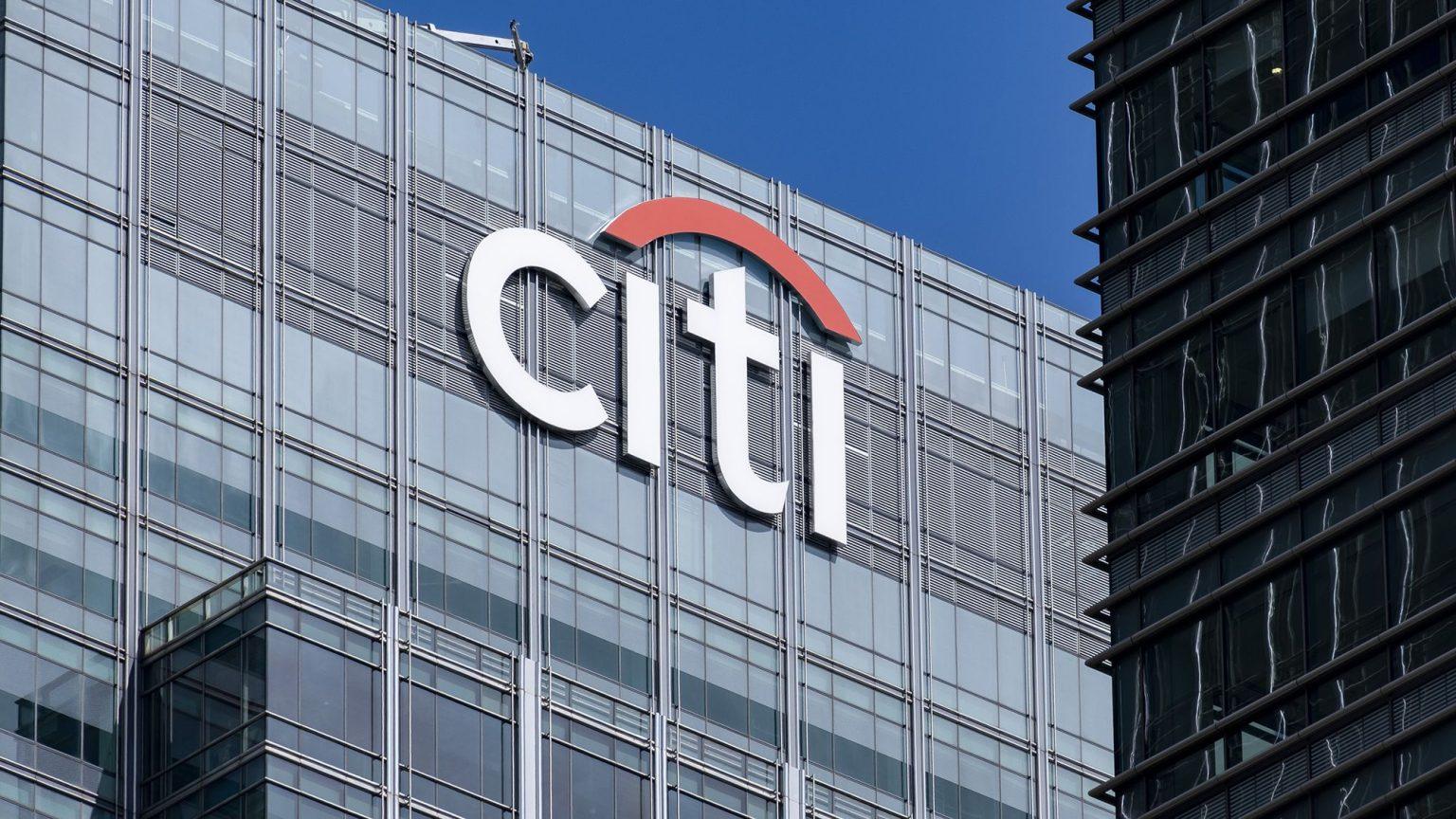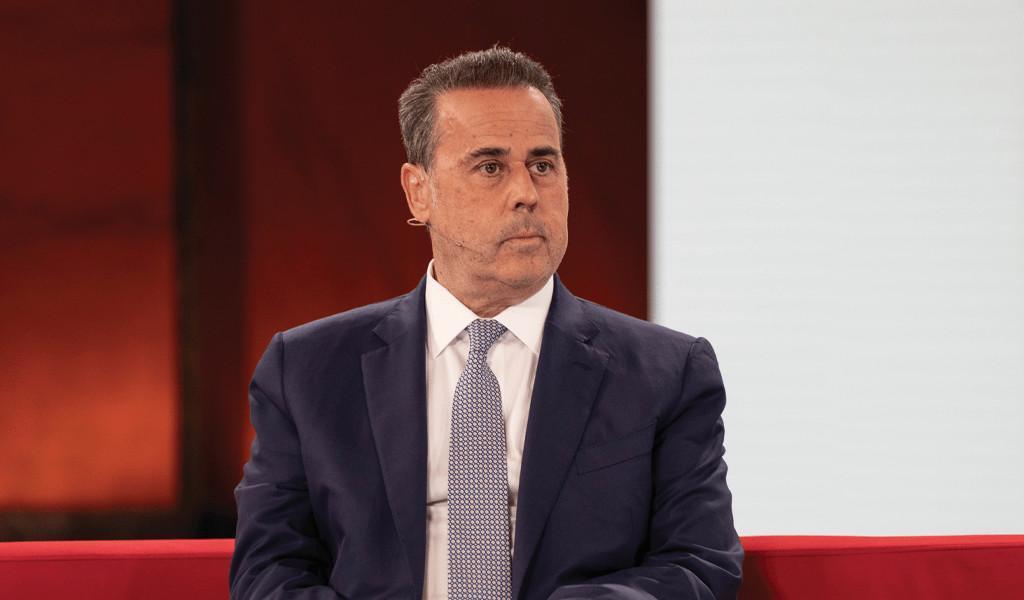The importance of recovering the investment grade as soon as possible is expected to be highlighted by the governor of the Bank of Greece, Yannis Stournaras, in the Interim Report on Monetary Policy that he will publish today.
In his new intervention, he will argue that its achievement will boost the economy, as it will significantly expand the investment base and have a beneficial effect on the cost of financing the State, non-financial companies and banks.
The central banker estimates that after the emergence of an independent government, the country is very close to fulfilling this national goal, as he has described it repeatedly.
However, he did note that the programmatic statements that will be discussed in Parliament next week will play an important role in bringing about the much-desired upgrade in a short period of time.
And this is because, despite the positive macroeconomic prospects, the Greek economy still has chronic structural problems, which make it more vulnerable to possible disturbances compared to other countries.
Examples of such inherent weaknesses are delays in the administration of justice, bureaucracy and inefficiency in some areas of public administration, lags in some basic infrastructures, delays in the completion of the national land register-cadaster, insufficient fight against tax evasion, gaps in the so-called “triangle of knowledge” (education – research – innovation) and quasi-oligopolistic conditions in specific markets for goods and services.
For this reason, it is important, according to Stournaras, to announce and implement a brave reform policy, which is a necessary condition to deal with these pathologies.
2.2% growth in 2023
Otherwise, Mr. Stournaras will repeat the estimates of the Bank of Greece services for growth of 2.2% this year and 3% in 2024.
It will, however, emphasize the need for policies to mitigate imbalances in the economy, such as the high current account deficit.
The head of the domestic monetary authority believes that Greece has a historic opportunity to complete the transformation of its economy, making it more resilient against future crises and converging towards the European average.
As he has emphasized in his previous positions, the experience from the ten-year debt crisis, the consolidation of the value of fiscal responsibility and the recognition of the benefits from the implementation of reforms, have contributed to the maturation of Greek society.
In this context, he considers that the political will for fiscal prudence and the implementation of credible reforms is a factor that will contribute decisively to make the economy modern, sustainable, outward-looking and competitive in today’s international environment of instability and uncertainty.
Besides, Mr. Stournaras will underscore the important role that the implementation of the National Recovery and Resilience Plan will play in maintaining high GDP growth rates in the coming years.
Its successful implementation will contribute to the further strengthening of investments and the preservation and creation of new and better-paid jobs.
The banking sector
With reference to the banking system, the head of the Central Bank is expected to refer to the significant progress achieved by the banks in consolidating their balance sheets, but also in strengthening their organic profitability, due to the tightening of the monetary policy by the ECB.
However, it will also highlight the challenges facing the industry.
As he had mentioned in his previous report, in the short term the increase in key ECB interest rates, combined with new loan disbursements mainly to businesses in the context of the utilization of the Recovery and Resilience Facility (RRF) resources, boost the banks’ net interest income .
However, in the medium term, the cost of financing them from the markets is expected to increase, due to the gradual increase in deposit rates on the one hand and the increased cost of issuing bonds to cover supervisory requirements (eg MREL) on the other.
At the same time, the slowdown in economic activity, the increase in production costs and the decrease in the real disposable income of households, combined with the increase in the cost of servicing existing loans, will put pressure on the financial situation of households and businesses and may increase the cost credit risk.
Finally, from now on the contribution of non-recurring revenues to their results will be smaller .
On the other hand, the upgrading of the Greek State’s creditworthiness is expected to form a favorable framework for improving the structure of the securities held by credit institutions, reducing the risk of their portfolio.



















![Βουλή: Τα ΕΛΤΑ στην Επιτροπή Θεσμών και Διαφάνειας [Live]](https://www.ot.gr/wp-content/uploads/2025/10/ELTA3.jpg)



















